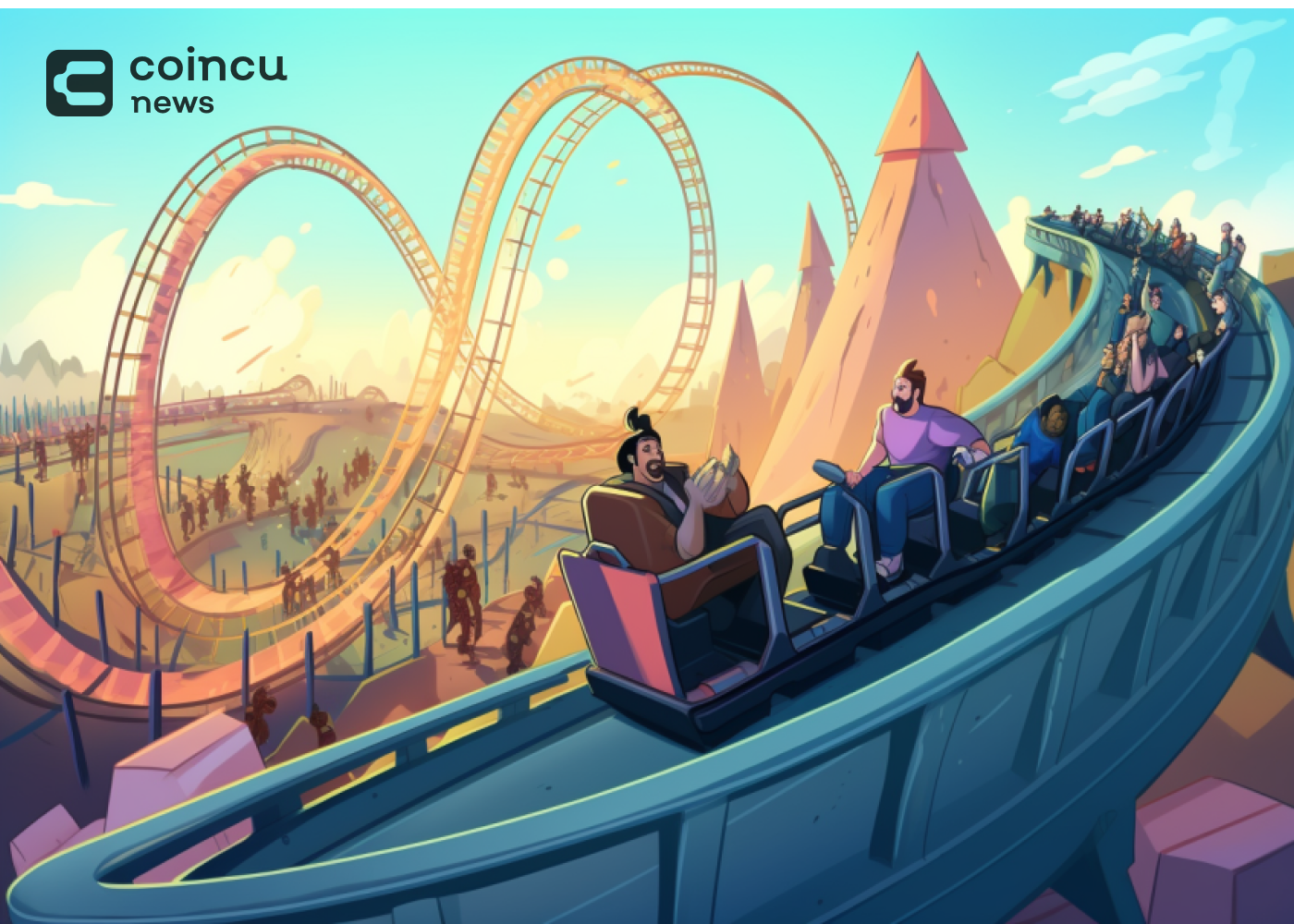How Is Biometric Authentication for the Metaverse A Double-Edged Sword?
The post How Is Biometric Authentication for the Metaverse A Double-Edged Sword? appeared on BitcoinEthereumNews.com. The metaverse concept represents a significant technological evolution, taking us from static websites to a future decentralized internet based on blockchain and cryptocurrencies. It’s a buzzword and a futuristic phenomenon that promises to reshape how we interact with technology and each other. The term “metaverse” was coined in the early 1990s by science fiction writer Neal Stephenson in his novel “Snow Crash.” In this novel, the metaverse is a virtual world where users use VR goggles and 3D avatars to buy and sell virtual real estate. Experts often describe the metaverse as a 3D version of the internet, a digital space parallel to the physical world. In this space, users have avatars and interact through them. Some argue that the truest form of the metaverse is still in development and will be accessible through a single gateway. Biometric authentication is essential and incorporates various technologies, including virtual reality (VR), augmented reality (AR), mixed reality (MR), and blockchain, along with social media concepts. Navigating the Opportunities of the Metaverse The economic potential of the metaverse is undeniable, with Bloomberg projecting its market value to reach $800 billion by 2024. Yet, alongside this vast potential come significant challenges that need careful consideration. Mark Zuckerberg, co-founder of Facebook and Meta, acknowledges that the full realization of the metaverse could take another five to ten years. This poses a critical question for companies: should they invest in these ventures, especially when immediate returns are uncertain? For many, the metaverse remains an abstract concept. Accessibility is a hurdle, as not everyone can afford the necessary technology equipment. Moreover, companies grapple with privacy and security concerns, as managing digital identities across multiple platforms requires robust verification systems. Despite these challenges, leading companies are setting high standards in the metaverse, showcasing its versatility and development potential. This…

The post How Is Biometric Authentication for the Metaverse A Double-Edged Sword? appeared on BitcoinEthereumNews.com.
The metaverse concept represents a significant technological evolution, taking us from static websites to a future decentralized internet based on blockchain and cryptocurrencies. It’s a buzzword and a futuristic phenomenon that promises to reshape how we interact with technology and each other. The term “metaverse” was coined in the early 1990s by science fiction writer Neal Stephenson in his novel “Snow Crash.” In this novel, the metaverse is a virtual world where users use VR goggles and 3D avatars to buy and sell virtual real estate. Experts often describe the metaverse as a 3D version of the internet, a digital space parallel to the physical world. In this space, users have avatars and interact through them. Some argue that the truest form of the metaverse is still in development and will be accessible through a single gateway. Biometric authentication is essential and incorporates various technologies, including virtual reality (VR), augmented reality (AR), mixed reality (MR), and blockchain, along with social media concepts. Navigating the Opportunities of the Metaverse The economic potential of the metaverse is undeniable, with Bloomberg projecting its market value to reach $800 billion by 2024. Yet, alongside this vast potential come significant challenges that need careful consideration. Mark Zuckerberg, co-founder of Facebook and Meta, acknowledges that the full realization of the metaverse could take another five to ten years. This poses a critical question for companies: should they invest in these ventures, especially when immediate returns are uncertain? For many, the metaverse remains an abstract concept. Accessibility is a hurdle, as not everyone can afford the necessary technology equipment. Moreover, companies grapple with privacy and security concerns, as managing digital identities across multiple platforms requires robust verification systems. Despite these challenges, leading companies are setting high standards in the metaverse, showcasing its versatility and development potential. This…
What's Your Reaction?










































